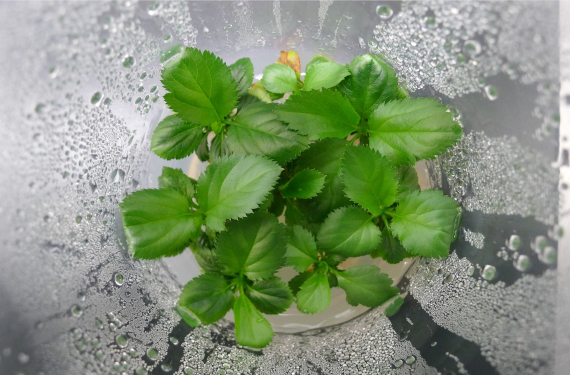We moved! Find us at the Institute of Plant Genetics, now as Reproduction and development section.



High quality propagation material is the foundation of horticultural plant production. The woody plant and propagation physiology section's research areas are principles and optimisation of propagation, especially vegetative propagation and in-vitro propagation. We're working on projects to explore the drought stress reaction of potatoes. A particular research topic are replant diseases on apples and other rosaceous plants. The majority of our research projects are collaborative projects with national and international partners from research institutions and universities as well as horticultural companies and associations.
Head of group


30419 Hannover




